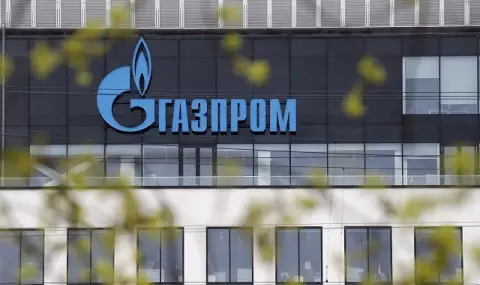The rapidly depleting reserves of natural gas and the upcoming supply interruptions from Moscow create the conditions for a new energy crisis in Europe. The war in Ukraine contributed to the increase in gas prices by about 45% this year, writes Bloomberg.
While still below the record levels of 2022, the price level is high enough to deepen the crisis for households and increase competitive pressure on already struggling producers.
Gas storage is a lifeline during the coldest periods, but supplies are running low this year after the cold snap increased demand for heating and drought forced more gas to be used for power generation.
"We still have problems with gas supplies," said Markus Kreber, CEO of RWE AG. "If we really want to be independent of Russian gas, we need more import capacity and we will probably see that again this winter because the gas storages are being emptied quite quickly as the beginning of winter is going to be cold.“
Although the European Union has reduced its dependence on Russia, the loss of one of the last supply routes will put even more pressure on the gas market and lead to a sharp rise in global prices. Europe is already preparing for the possible termination of Russian gas supplies through Ukraine at the end of the year.
Another unusual sign of pressure on the system is that prices for the summer, when gas should be cheap, are more expensive than those for the following winter. This suggests that energy costs will remain higher for a longer period of time, and the lower winter storage levels are, the harder it will be to replenish reserves.
"This is reminiscent of the 2022 scenario, when the Union bought gas at whatever price it wanted,” said Arne Lohmann Rasmussen, chief analyst at Global Risk Management. "This could happen next year as well.“
Fatih Birol, executive director of the International Energy Agency, is sounding the alarm. He warned that Europe needs sufficient supplies for the end of winter if the transit of Russian fuel through Ukraine is stopped on January 1, 2025.
"Once again, energy-intensive countries, led by Germany, will be the most affected, which will harm the economy, which is already experiencing difficulties in the automotive, chemical and engineering sectors," said Ole Hansen, head of the "Commodity Strategies" department. in Saxo Bank AS.
Bloomberg: Europe faces new energy crisis
Although the European Union has reduced its dependence on Russia, the loss of one of the last supply routes will put even more pressure on the gas market and lead to a sharp rise in global prices
Nov 23, 2024 20:27 439
